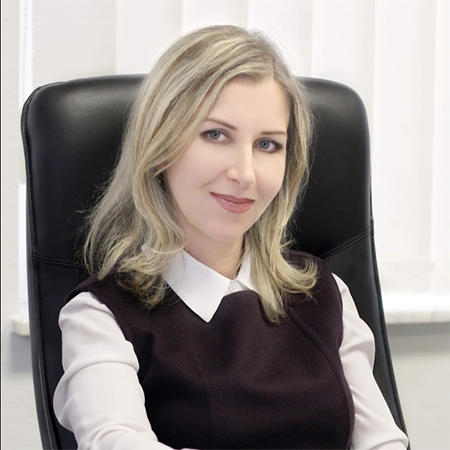Neurorehabilitation » Ischemic stroke » Stroke: General Information, Articles » Communication with aphasia
Communication with aphasia
For the majority of those who have suffered a stroke, its consequences drastically affect not only the patient's condition, but also the members of the family. Everyone has to overcome difficulties varying from motor, sensory and speech disorders. The loss of ability to communicate (dysarthria, apraxia) and a language impairment (aphasia) significantly restricts the communication of the patient. However, studies show that communication is the key to successful rehabilitation after a stroke. Many experts insist that patients immediately start restoration of speech function.
The patients with aphasia, dysarthria and apraxia, have the same question: How to begin communicating if they cannot do it as before?
Some advice on how to start the recovery process::
- it is necessary to learn as much as possible about aphasia. This will help to define new ways of communication,
- during the first stage, patient’s relatives play an important role. They should learn to understand his/her needs and make advances in communication,
- it is necessary to experiment with various methods of neurorehabilitation facilitating communication,
- writing, gestures, various electronic devices, such as tablets, will be a solution for many stroke survivors.
relatives can help in the following ways:
- ask questions that require an answer yes/no,
- rephrase incomprehensible sentences, choose synonyms. This will make it much more likely that a patient with aphasia will hear a familiar word,
- try sentences of different complexity and length,
- use gestures for the most important messages,
- before discussing the details, it is necessary to let the patient know which area the discussion concerns.
It was also found that it is most comfortable for the patient to start communicating alone with a loved one who is emphatic and understands exactly what disorders he/she has.
Other advice:
- it is necessary to communicate in a quiet ambience where the patient can focus his attention,
- the number of those who communicate with the patient can be gradually increased, but it is still necessary to exclude external noise,
- before expanding the social circle, try to make sure that the patient perceives standard questions,
- occasionally discuss current events, such as weather, sports events,
- it may be appropriate to prepare pictures, tips for some words.
Once you manage to achieve mutual understanding in a narrow social circle, you should try to visit public places with the patient:
- visit friends with the family,
- take part in public works, try to communicate at the former place of work,
- one should remember that the transition to a wider social circle should be gradual, you should not accelerate it.
In conclusion, we emphasize the importance of restoring communicative abilities after a stroke: once again: the progress in this direction will help to avoid a state of depression, and will give the patient an incentive for further development. The patient's attitude is critical for all aspects of rehabilitation!
Here you can also read other articles on this topic:
- Calcification as a risk factor for stroke
- Rehabilitation of the finger movements after a stroke
- Ultrasound for stroke prevention
To receive professional advice on rehabilitation after a stroke in Germany
Please call us: +49 228 972 723 72
or write an Email here



